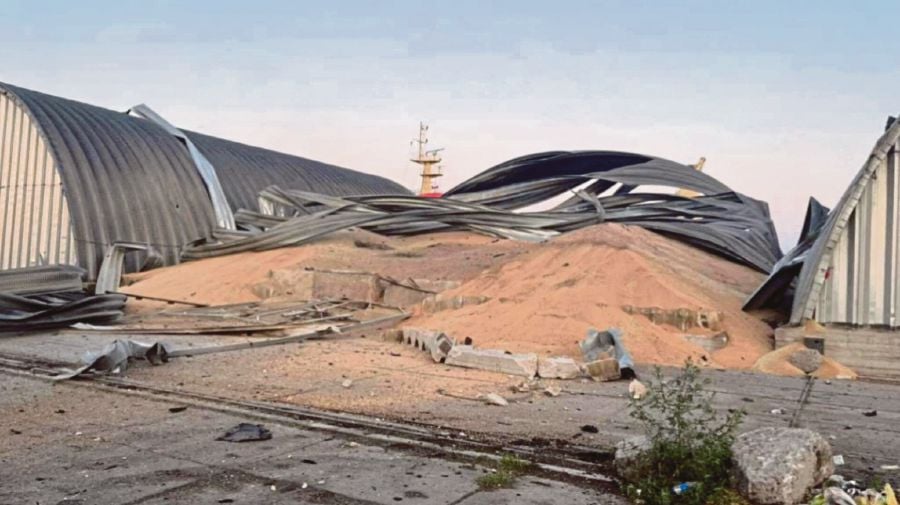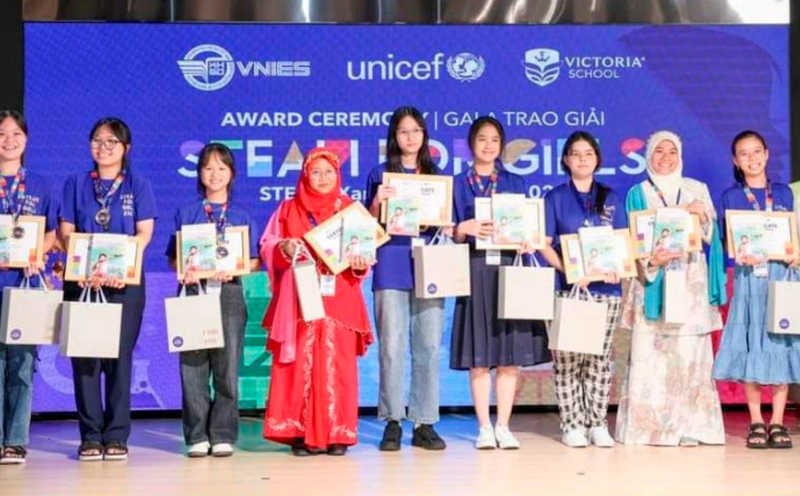AFTER launching last year its war of aggression against Ukraine, Russia has decided to extend it to the rest of the world by unilaterally suspending on July 17 its participation in the Black Sea Grain Initiative, thus causing an unprecedented threat to food security worldwide.
The initiative has guaranteed the export of more than 32 million tonnes to 45 countries. Two-thirds of the wheat and half of grain for human consumption have been exported to developing countries.
It has helped to reduce food prices by 23 per cent from the peak of March last year.
Exports under the initiative included humanitarian operations: grain donated by Ukraine or purchased as part of the Grain From Ukraine humanitarian initiative launched by President Volo-dymyr Zelensky for countries in Africa and Asia, as well as shipments financed by European Union (EU) countries.
The EU and its member states condemn Russia's decision. Russia is responsible for blocking shipping in this maritime area and imposing an illegal blockade on Ukrainian ports.
It must stop its blackmail of global food security and reverse its decision.
The global food security crisis has been caused by Russia's war of aggression against Ukraine, just as it has led to an energy crisis.
By suspending its participation in the initiative, Russia continues to use hunger as a weapon of war, demonstrating its cynicism and lack of concern about the plight of vulnerable populations.
It should not come as a surprise: in the 1930s, Russia starved Ukraine, killing more than four million people in what came to be known as Holodomor.
Closer to us, its obstruction of the renewal of the cross-border mechanism for delivering humanitarian aid to Syria is just as cynical, taking people hostage.
The non-renewal of the initiative is undermining global food security and nutrition: the drop in the volume of foodstuffs and fertilisers exported is primarily affecting the most vulnerable countries.
The United Nations secretary-general has been clear on this point: "Hundreds of millions facing hunger and consumers confronting a global cost-of-living crisis will pay the price."
African heads of state and government who travelled to Mos-cow in June told Russian President Vladimir Putin of their commitment to the initiative, which was a beacon of hope for the most vulnerable countries.
The African Union has condemned Russia's decision to suspend its participation in the Black Sea Grain Initiative.
The vast majority of Latin American and Caribbean states reaffirmed their support for the initiative and for the efforts of the UN secretary-general to ensure its extension, following the recent summit between the European Union and Latin American and Caribbean states.
Asian countries that rely on Ukrainian grain exports should raise their voice as well and denounce this despicable and selfish decision.
This decision is a blow to the one out of 10 people on Earth that face hunger, especially at this critical juncture when the UN has raised countries — such as Somalia, Yemen, Afghanistan, Haiti, Burkina Faso, Mali, South Sudan, Sudan and Nigeria — to the highest alert level of food insecurity.
In some parts of the world, the effects of El Nino threaten to aggravate the situation.
The decision is a blow to the World Food Programme — whose leading supplier of wheat in 2022 remained Ukraine — as it will raise operational costs and disrupt supply chains.
This is a blow to everyone in the world, including to Malaysia, as more will have to be paid for the same basket.
In which pockets will the money go to? Mostly into Russia's pockets as this decision will reinforce its price-making position on worldwide grain markets, Russia being one of the first grain- exporting countries.
Indeed, in 2022, Russia exported a record 45 million tonnes of grain. Another record could be made in 2023 with 47.5 million tonnes.
Russian grain exports are not affected by EU sanctions, different from what Russia falsely tries to diffuse.
As food should never be used as a weapon of war, the EU is committed to making sure its restrictive measures do not impact food security around the globe.
EU sanctions do not target trade in agricultural and food products, including grain and fertiliser, between Russia and third countries.
As it has done since the beginning of the war, together with Ukraine and its partners, the EU and its member states will provide a response based on solidarity to those most affected: through the EU's Solidarity Lanes, which play an essential role and have enabled 38 million tonnes of cereals to be transported out of Ukraine since March 2022; through our international food aid (the EU earmarked €8 billion between 2020 and 2024 for global food security), including by transporting fertiliser to the countries that need it the most.
Global support is needed to pressure Putin's regime to cease this war of aggression, as we are all paying the price.
For that, we hope all nations, including Malaysia, will step up and denounce Russia's cynical decision.
This article is from the EU ambassador and European ambassadors to Malaysia










